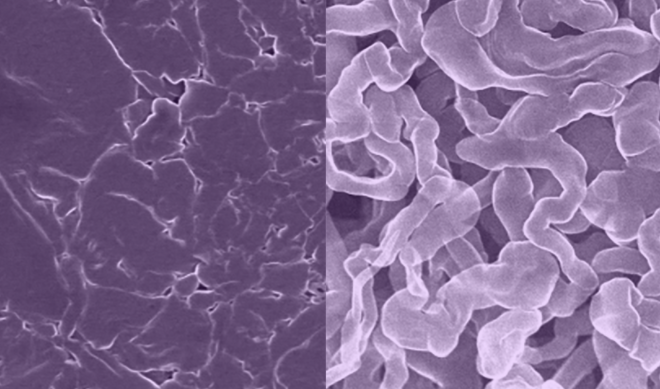University of Texas at Austin researchers have created a new sodium-based battery material that is highly stable, capable of recharging as quickly as a traditional lithium-ion battery and able to pave the way toward delivering more energy than current battery technologies.
For about a decade, scientists and engineers have been developing sodium batteries, which replace both lithium and cobalt used in current lithium-ion batteries with cheaper, more environmentally friendly sodium. Unfortunately, in earlier sodium batteries, a component called the anode would tend to grow needle-like filaments called dendrites that can cause the battery to electrically short and even catch fire or explode.
In one of two recent sodium battery advances from UT Austin, the new material solves the dendrite problem and recharges as quickly as a lithium-ion battery. The team published their results in the journal Advanced Materials.
"We're essentially solving two problems at once," said David Mitlin, a professor in the Cockrell School of Engineering's Walker Department of Mechanical Engineering and Applied Research Laboratory who designed the new material. "Typically, the faster you charge, the more of these dendrites you grow. So if you suppress dendrite growth, you can charge and discharge faster, because all of a sudden it's safe."
Graeme Henkelman, a professor in the Department of Chemistry and the Oden Institute for Computational Engineering and Sciences, used a computer model to explain, from a theoretical perspective, why the material has the unique properties it does."
